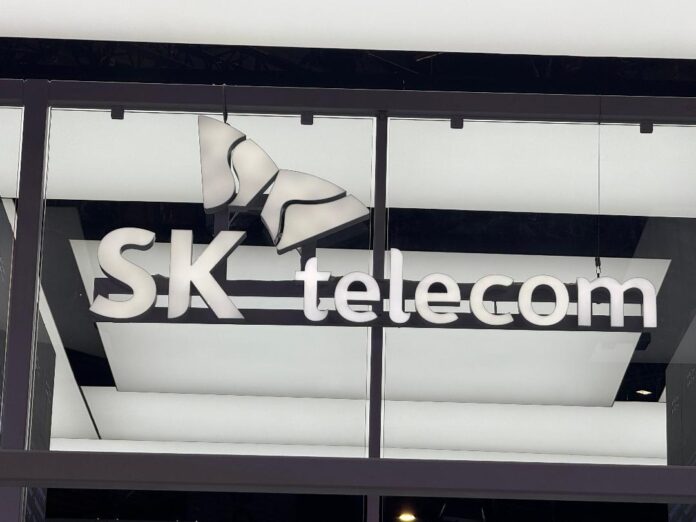Under this new strategy, SK Telecom will expand its Ulsan AI data center to a 1 GW-scale capacity
In sum – what to know:
Ulsan AIDC expands to 1 GW scale – SK Telecom is developing nationwide and global AIDC hubs, with new projects in Korea’s southwest and plans for Vietnam.
Global partnerships deepen AI innovation – AWS and Nvidia collaborations accelerate Edge AI, AI-RAN, and the manufacturing AI cloud.
SKT becomes full-stack AIDC developer – Company to internalize design, build, and operation processes, commercializing advanced AIDC solution packages.
Korean carrier SK Telecom announced plans to evolve into a comprehensive artificial intelligence data center (AIDC) developer and expand into the global market, the company said in a release.
The strategy was unveiled by newly appointed CEO Jung Jaihun during his keynote speech at the SK AI Summit 2025.
Under this new strategy, SK Telecom will expand its Ulsan AI data center to a 1 GW-scale capacity, supported by energy-specialized solutions, as part of its ambition to make Korea Asia’s leading AI hub. The company plans to replicate this model through additional AIDC sites and attract foreign investment into Korea’s AI infrastructure.
In October 2025, SK Group signed an MoU to build a new AIDC in Korea’s southwestern region, joining the existing hubs in Gasan and Ulsan.
“Following the launch of the Ulsan AIDC, global companies have begun recognizing SK Telecom’s development capabilities. We are laying the foundation for South Korea to become Asia’s AI infrastructure hub,” the executive said.
The company also plans to enter Southeast Asia, starting with Vietnam, where it will partner with SK Innovation to build an LNG-powered AIDC that uses cold energy for data-center cooling.
Jung emphasized that as AI services expand, telecom operators’ networks are being redefined. “Leveraging nationwide infrastructure, telecom companies can uniquely bridge the gap between AIDC and on-device AI through Edge AI and AI-RAN,” he said.
To accelerate this, the Korean carrier has launched a long-term R&D partnership with Amazon Web Services (AWS), combining SKT’s infrastructure expertise with AWS’s global cloud technology.
Also, SK Telecom will collaborate with Nvidia, the government, and academia, to demonstrate AI-RAN technology. The company will also acquire over 2,000 Nvidia RTX PRO 6000 Blackwell GPUs to build a manufacturing AI cloud, supporting AI transformation within SK Hynix.
SK Telecom also said it aims to internalize AIDC development by handling design, construction, and operation. The company plans to commercialize an AIDC solution package that integrates four core technologies in collaboration with global partners:
-Out-rack solution – manages external systems including cooling, power, and security.
-Clustering solution – optimizes interconnection between servers.
-In-rack solution – improves server-level efficiency.
-Energy solution – enhances power and thermal management.
In its latest earnings statement, SK Telecom said its AI business grew 35.7% year-on-year in the third quarter of the year.
The AIDC unit generated KRW 149.8 billion ($104.7 million) in revenue, supported by the Pangyo Data Center acquisition and the GPU leasing support program, the carrier said.
To accelerate its transition toward an AI-centered business model, SK Telecom recently announced plans to consolidate its previously distributed AI operations under a new AI company-in-company (AI CIC) structure.

